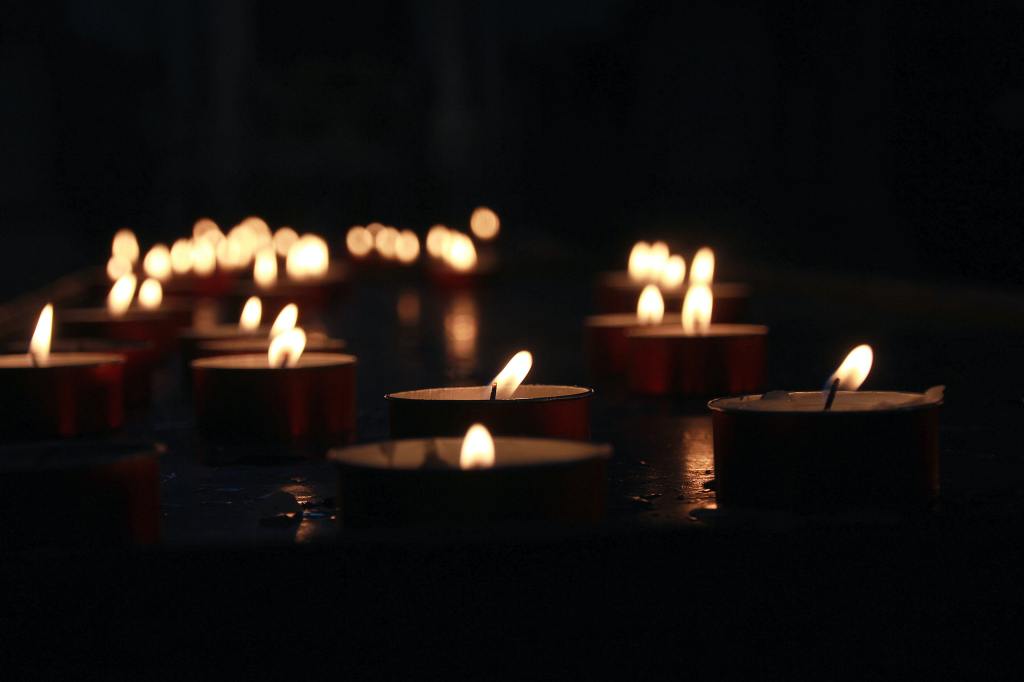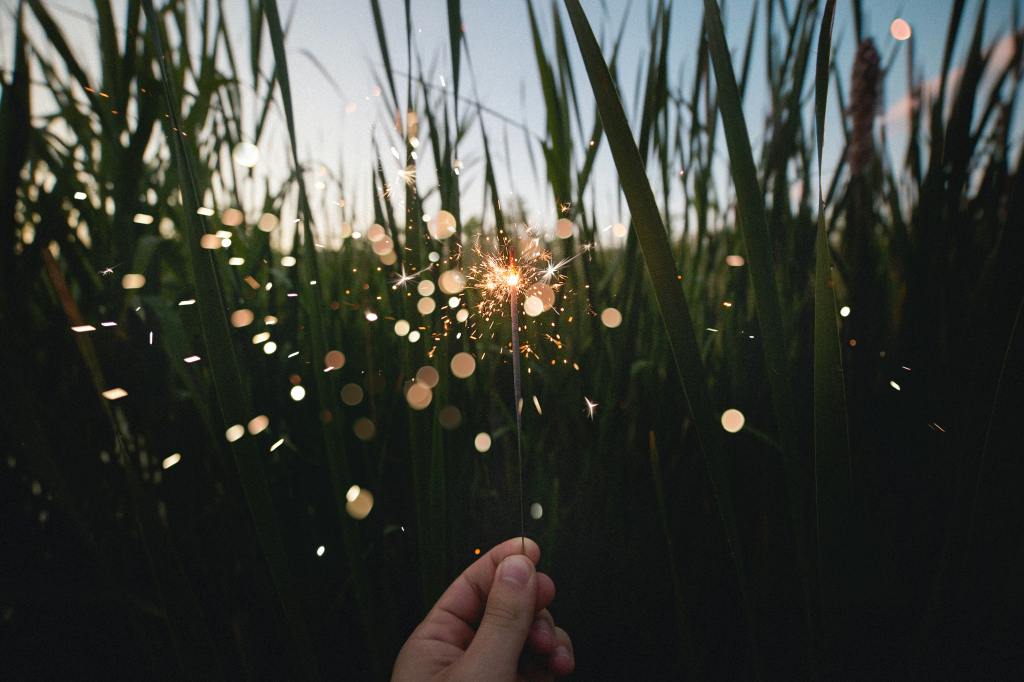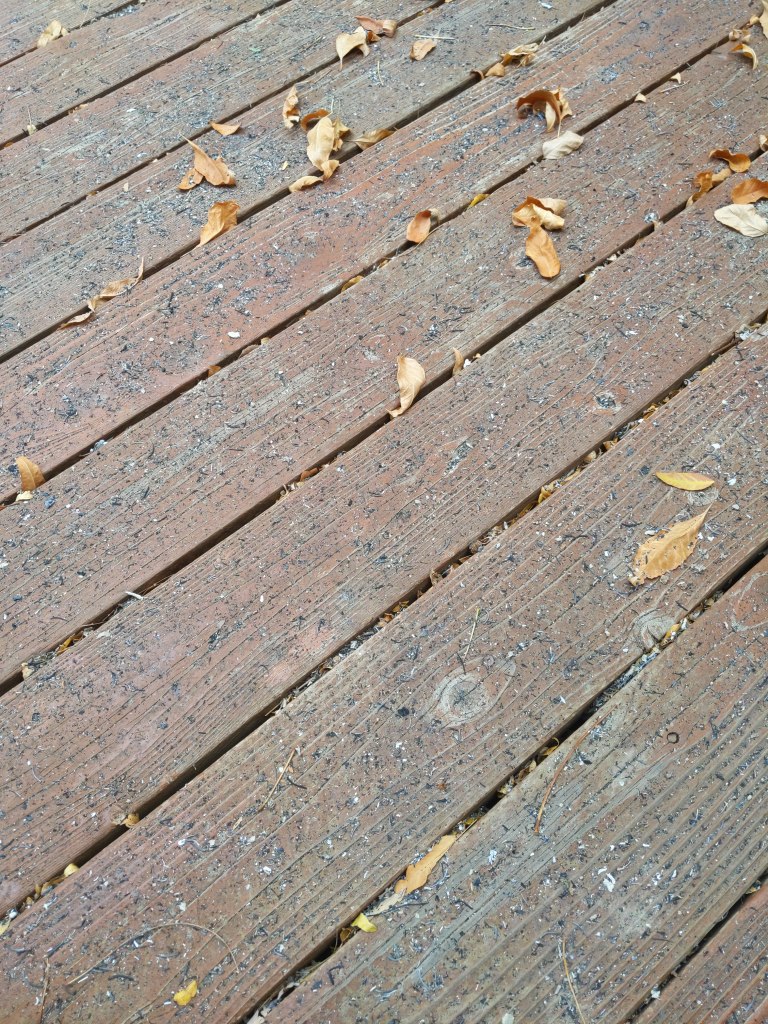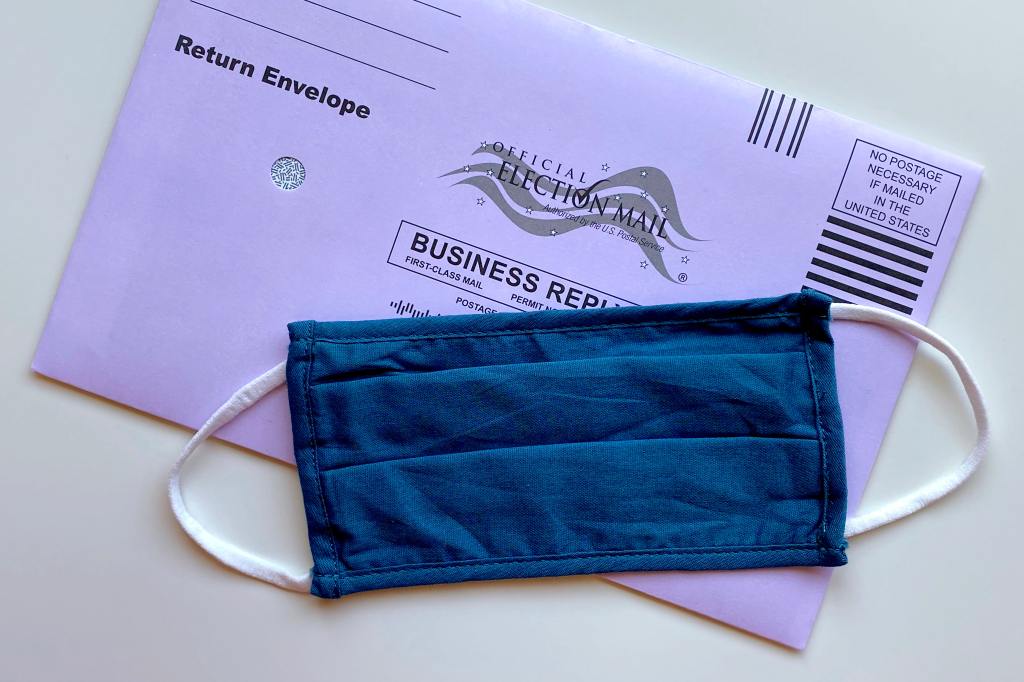“Never underestimate the power of a girl with a book.” – Ruth Bader Ginsburg
I pulled out my journal this morning to try and recount what exactly we did this year where many days felt the same. I surprised myself, sitting in the sun, as I scrawled twenty pages of reflection on what we did accomplish.
Nothing grand. No big adventures.
Instead, many micro-accomplishments. Harvests of cucumbers. Tiny reaches out of our comfort zones. A new job. Adjusting again to forces outside of ourselves. A basil plant taking in sun from cold winter windows. Witnessing pain. A new vitamin regimen. Striving for beauty. Ten gallons of paint.
2020 wasn’t a grand year. We were alone. Connected through screens, we grew closer to one another in ways I likely won’t understand for awhile. Isn’t it amazing how every human on earth now has this pandemic in common? How many other life experiences will stitch us together like this? The individual living of this year is different in kaleidoscope ways, yes. The tube, the crystals, the spinning disorientation – all the same.
I wonder how long it will take for the scapegoat disaster of 2020 to be reclaimed with something different. The ticking of time tonight can not erase what still lurks. 2021 may hold better. It may hold different. I know it will require processing, patience, and tending to pain.
Back in January I wrote I wasn’t going to be so bold to predict what would unfold on this year’s pages. I couldn’t have fathomed what actually was written in ink. I feel much the same about tomorrow. A new January. A new calendar. Pages to be ripped and discarded from organizational systems and goals to be scratched onto chalkboards in white. How many will be smeared in waiting in June?
This year, I read. A lot. On the floor, in the corner, tucked into my bed with cold bowls of vanilla ice cream. I got new glasses and my squinching face relaxed just a tiny bit as I escaped into story. Words comforted me. Challenged me. Seemed to be a constant companion.
As they lay Ruth Bader Ginsburg to rest, I welcomed with appreciation, all the work she accomplished to make the world a better place for my mother, for me, for women around the world longing for something different.
Never underestimate the power of words. How we absorb them, shape them, use them to search for beautiful things.
On this, the last day of a year we will never forget, I leave the list of books I read with you.
Bridge of Clay – Markus Zusak
Little Women – Louisa May Alcott
Red at the Bone – Jacqueline Woodson
Nine Perfect Strangers – Liane Moriarty
There, There – Tommy Orange
Dumplin’ – Julie Murphy
Counting by 7’s – Holly Goldberg Sloan
Still Me – JoJo Moyes
Little House on the Prairie – Laura Ingalls Wilder
Kitchen Yarns: Notes on Life, Love, and Food – Ann Hood
Turtles All the way Down – John Greene
In Pieces – Sally Field
The Year of Living Danishly: Uncovering the Secrets of the World’s Happiest Country – Helen Russell
Harry Potter & the Sorcerer’s Stone – J.K. Rowling
The Year of Less: How I Stopped Shopping, Gave Away my Belongings, and Discovered Life is Worth More Than Anything You Can Buy in a Store – Cait Flanders
Inheritance: A Memoir of Genealogy, Paternity & Love – Dani Shapiro
Such a Fun Age – Kiley Reid
A Tree Grows in Brooklyn – Betty Smith
The Cactus – Sarah Haywood
Little Wierds – Jenny Slate
Wine Girl: The Trials and Triumphs of America’s Youngest Sommelier – Victoria James
The Gown – Jennifer Robson
Magic Hour – Kristen Hannah
The Hypnotist’s Love Story – Liane Moriarty
The Year of Magical Thinking – Joan Didion
The Scent Keeper – Erica Bauermeister
Maid: Hard Work, Low Pay, and a Mother’s Will to Survive – Stephanie Land
The Secrets We Kept – Lara Prescott
The Night Tiger – Yangsze Choo
Redwall – Brian Jacques
Mountains Beyond Mountains – Tracy Kidder
The Library Book – Susan Orlean
The Alice Network – Kate Quinn
The Light We Lost – Jill Santopolo
Neverwhere – Neil Gaiman
The Henna Artist – Alka Joshi
The Velveteen Rabbit – Margery Williams
More Than Words – Jill Santopolo
When Books Went to War: The Stories that Helped Us Win World War II – Molly Guptill Manning
Fortune’s Rocks – Anita Shreve
The Vanishing Half – Brit Bennett
Liturgy of the Ordinary: Sacred Practices in Ordinary Life – Tish Harrison Warren
The Invisible Life of Addie LaRue – V.E. Schwab
The Practice: Shipping Creative Work – Seth Godin
The AfterGrief: Finding Your Way Along the Long Arc of Loss – Hope Edelman
Finding Freedom: Harry & Meghan and the Making of a Modern Royal Family – Omid Scobie & Carolyn Durand
Goodbye to All That – Writers on Loving & Leaving New York – Edited by Sari Botton
Angel Falls – Kristen Hannah
The Family Fang – Kevin Wilson
Bel Canto – Ann Patchett
Tomorrow Will Be Better – Betty Smith









